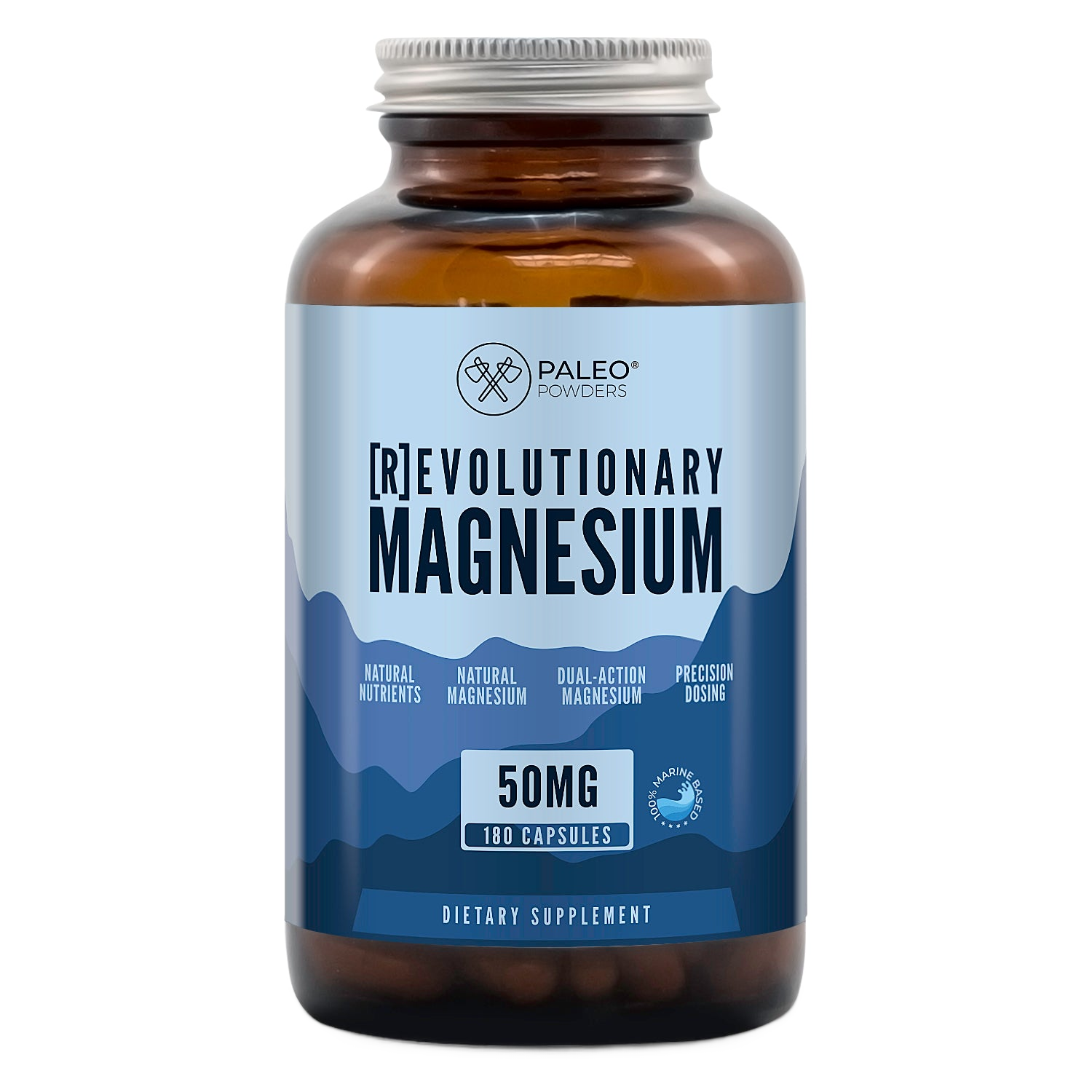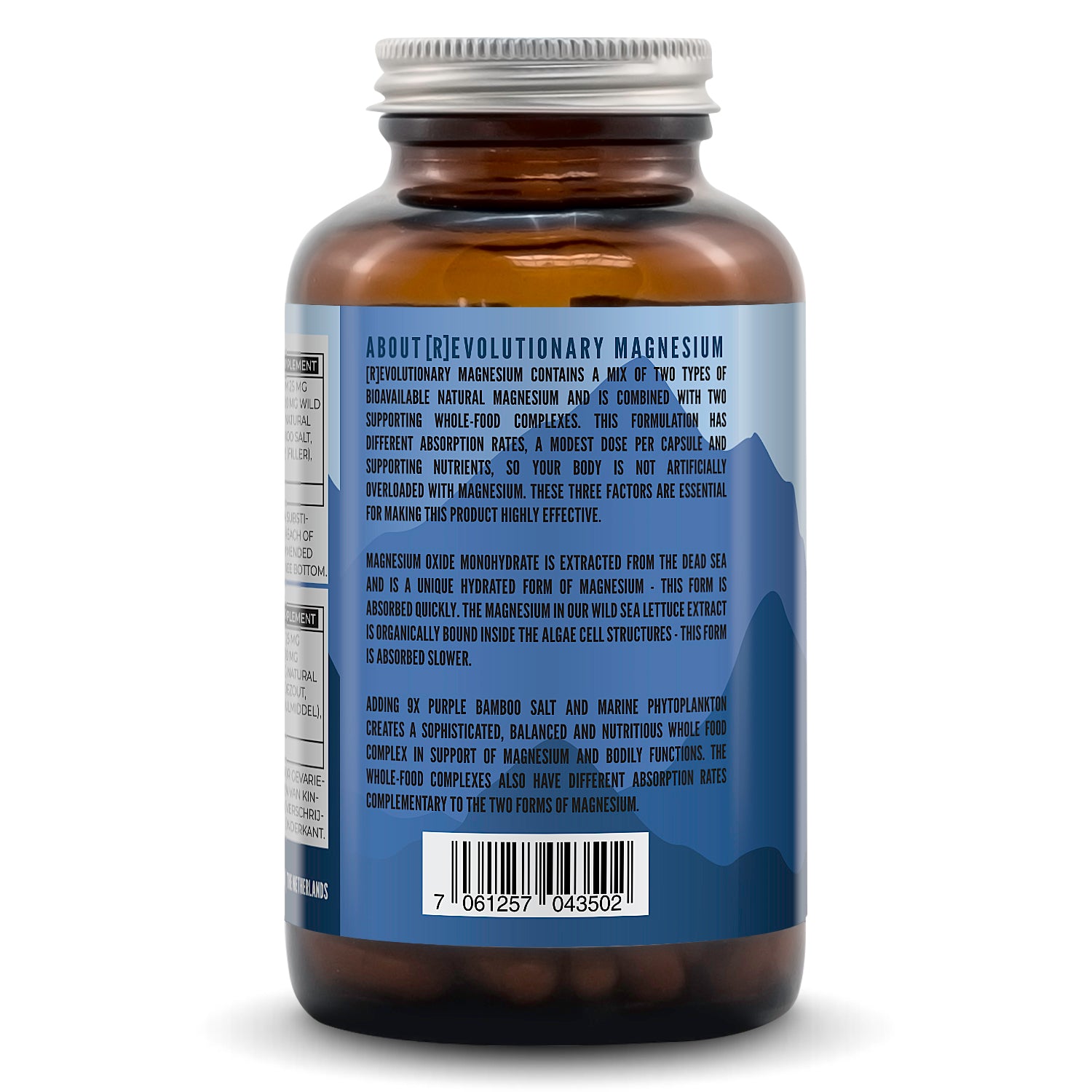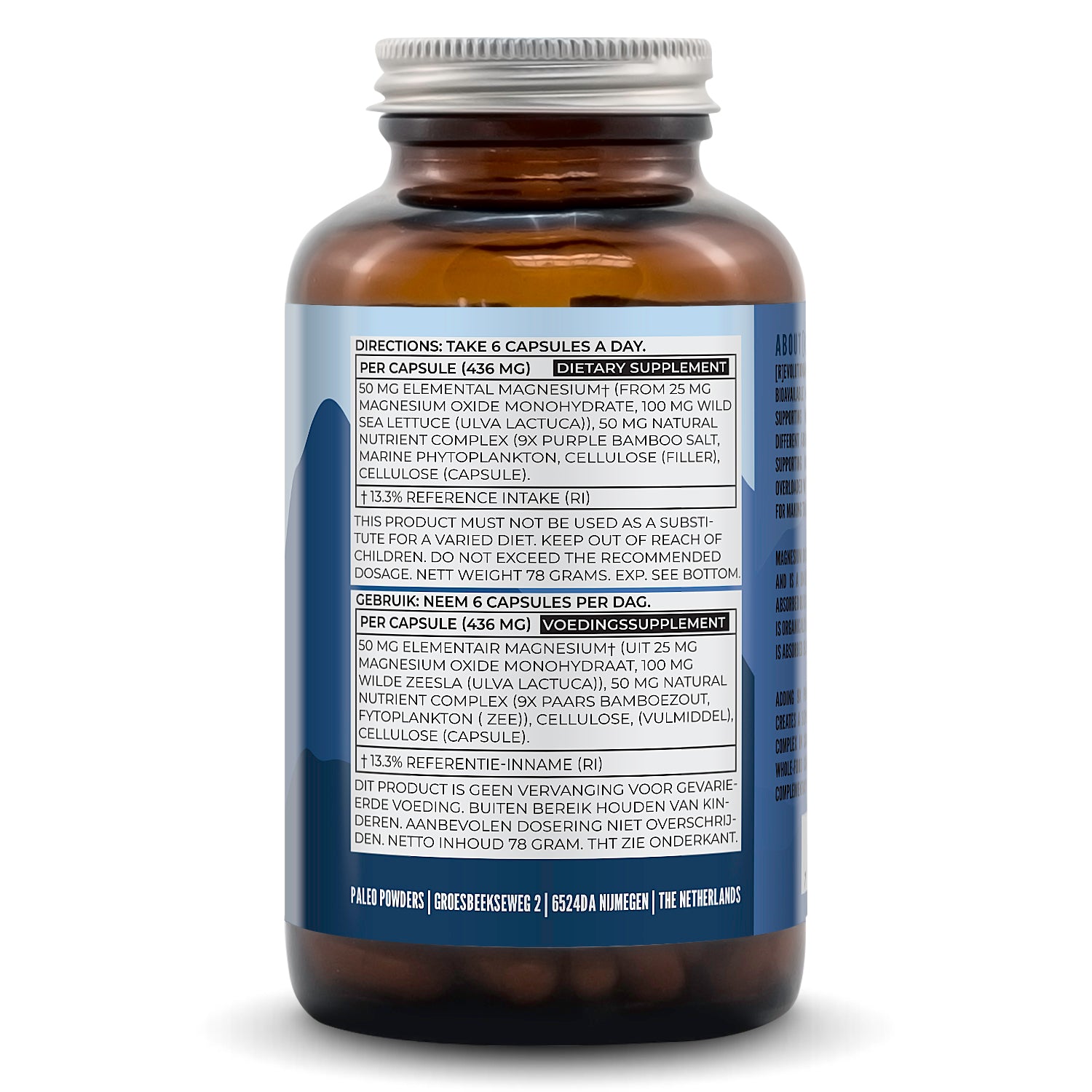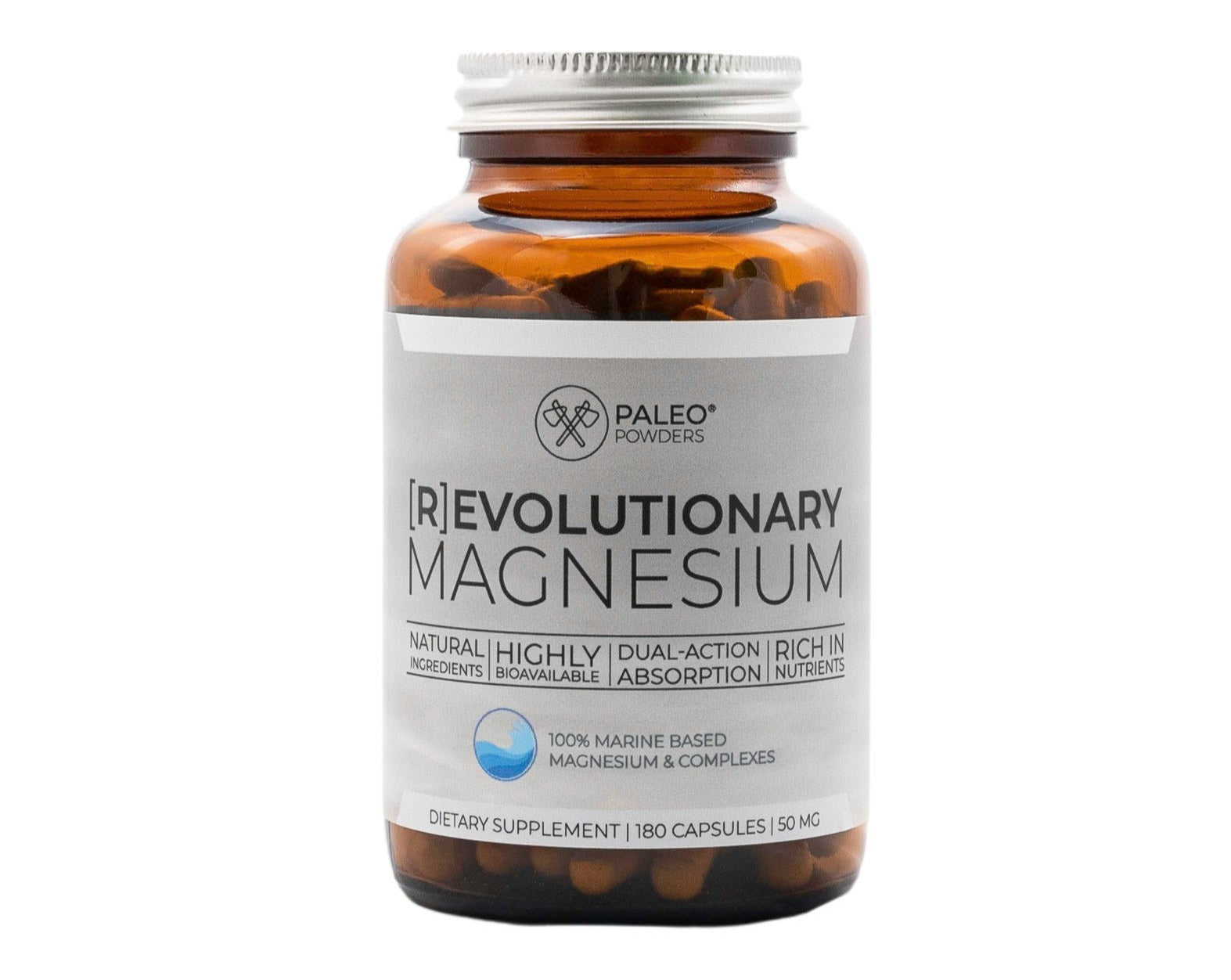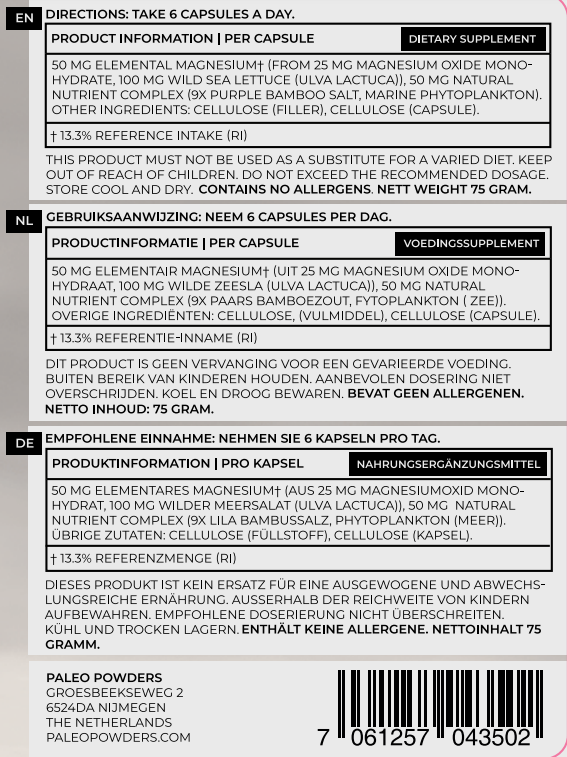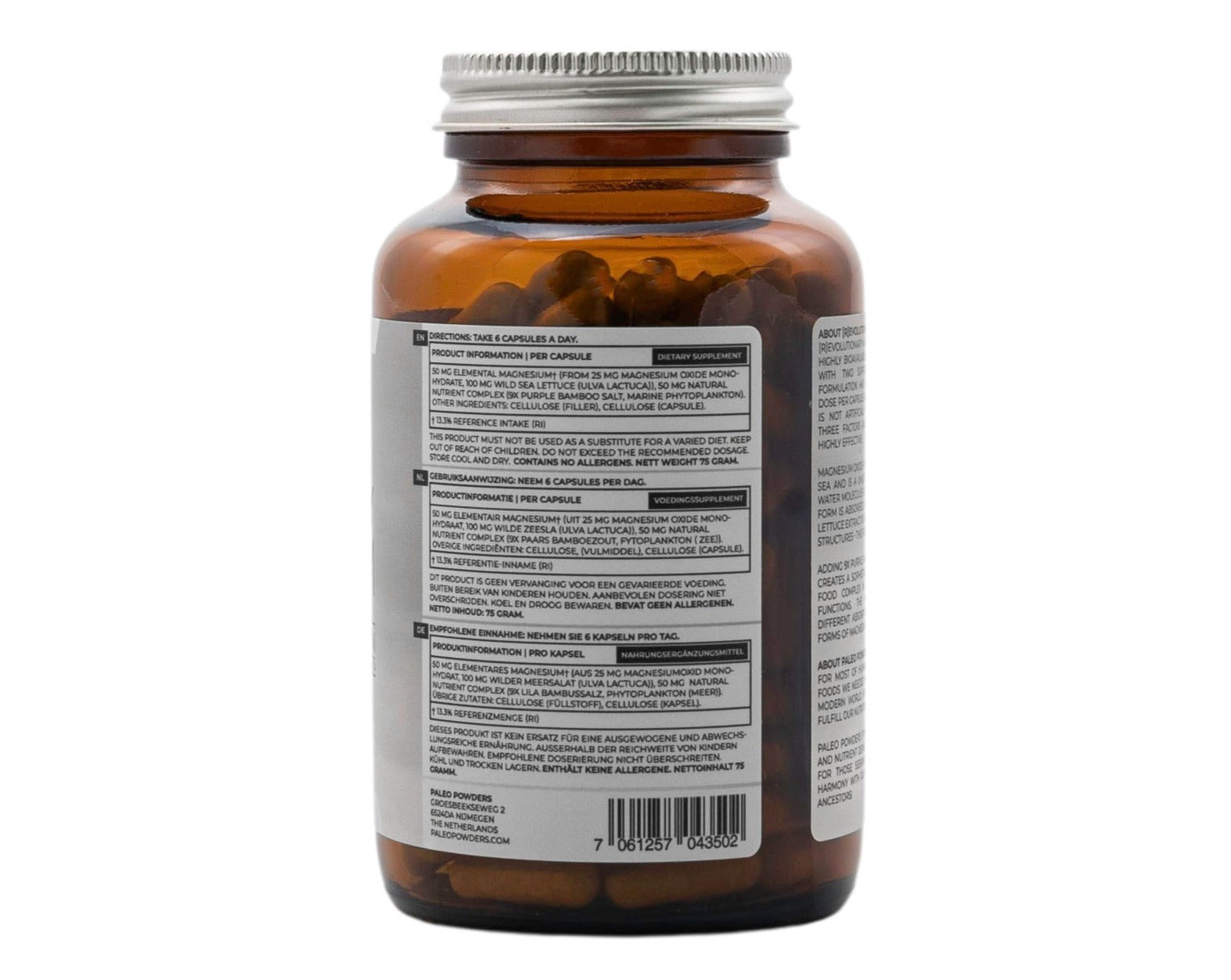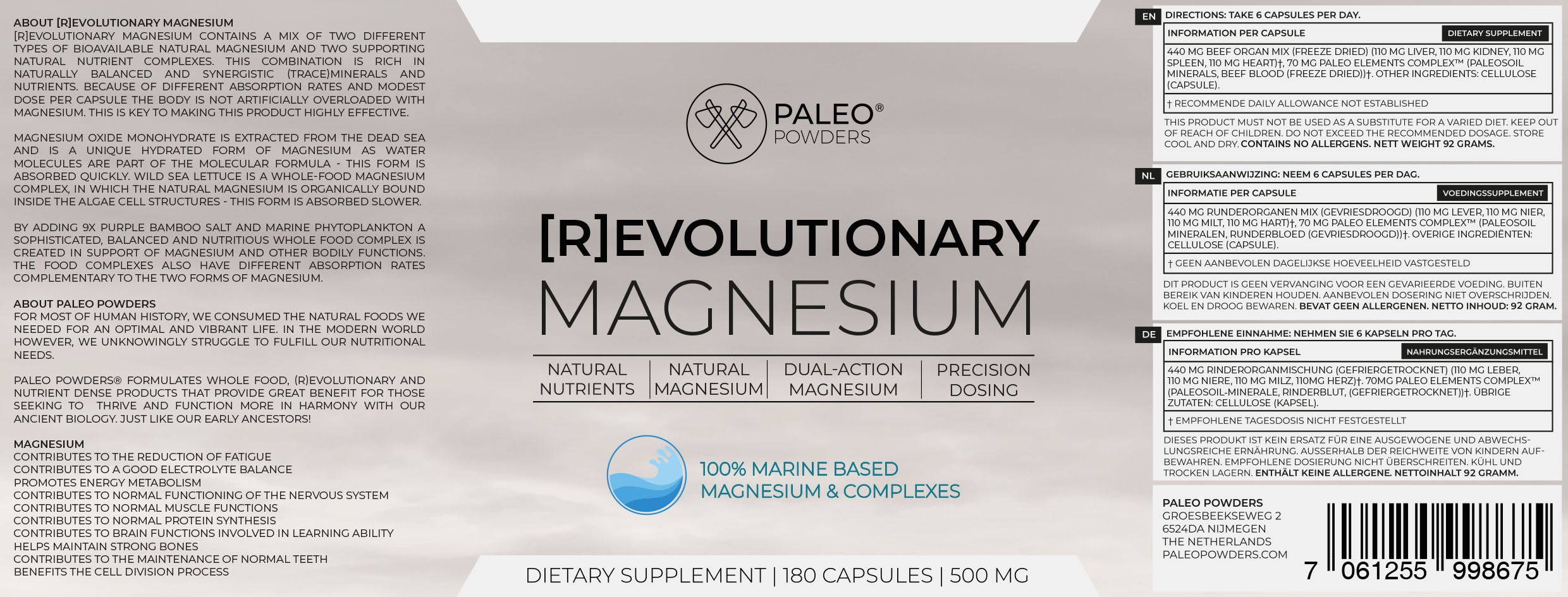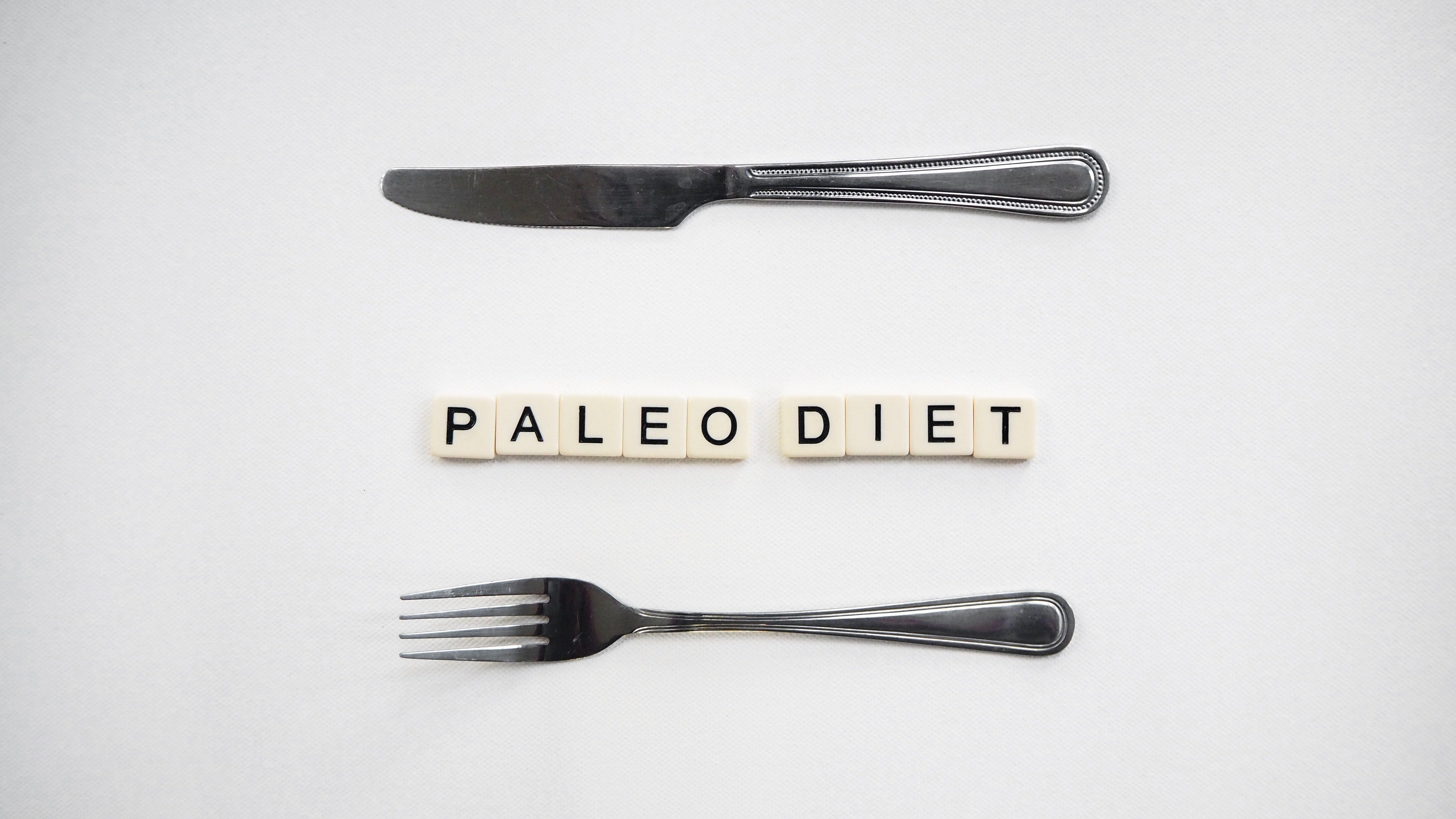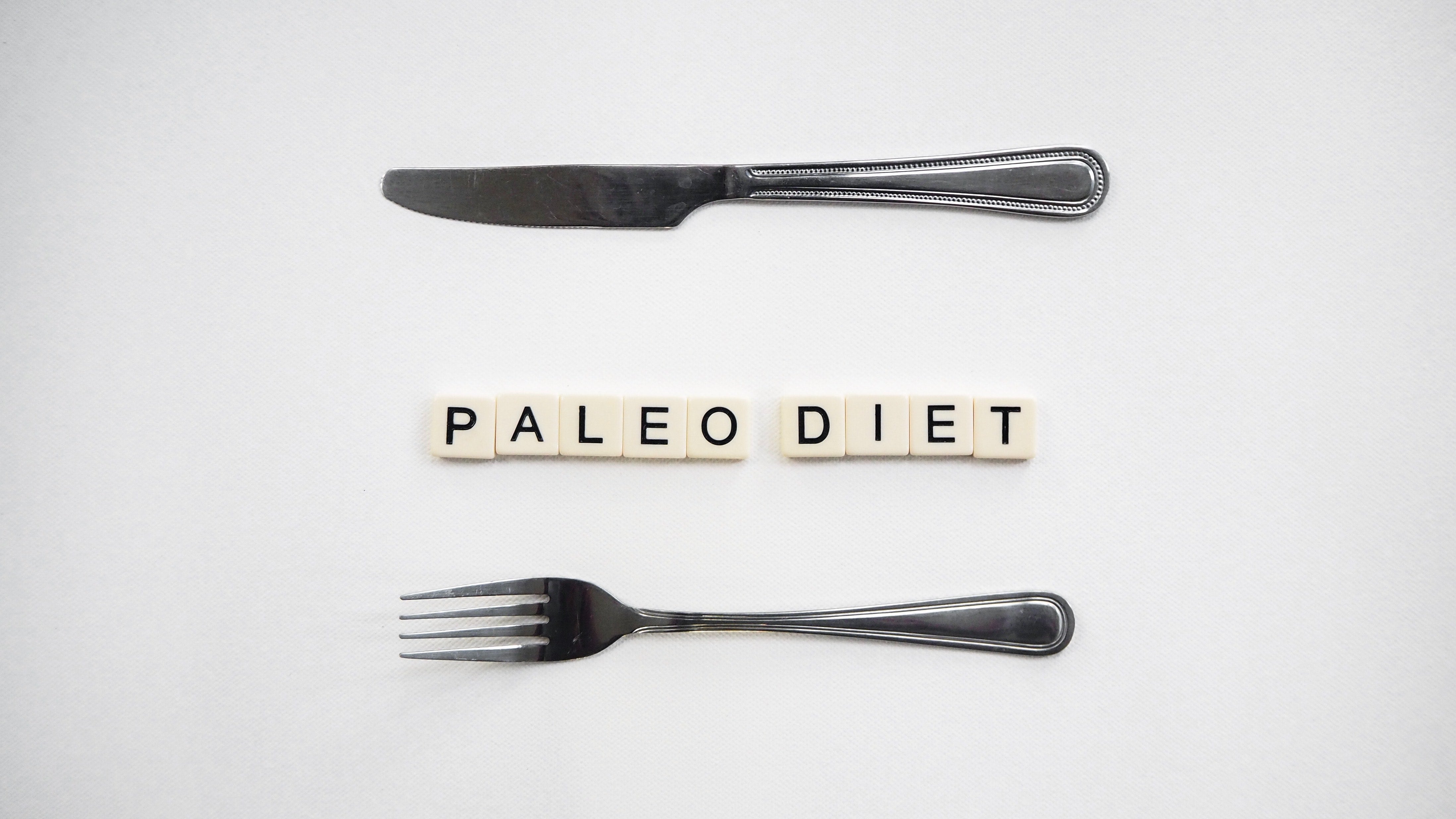
Is organic meat better?
Organic foods are becoming increasingly popular due to their health benefits and environmentally friendly production methods. Organic meat is no exception. But is organic meat really better than conventionally produced meat? Let's look at the facts.
What is organic meat?
Organic meat is produced according to strict guidelines set by independent certification organizations. These guidelines include such things as animal-friendly conditions, no use of antibiotics and hormones, and organic food for the animals.
How is conventional meat produced?
Conventionally produced meat is produced on an industrial scale, with an emphasis on efficiency and profitability. This means that animals are often kept in cramped conditions and fed food enriched with antibiotics and hormones to promote growth. This can result in less sustainable meat and less healthy animals.
Health benefits of organic meat
Organic meat can be healthier than conventionally produced meat because of the way it is produced. Organic animals are fed only organic food and may not be treated with antibiotics and hormones. This means that the meat they produce is free of these substances and may be less harmful to human health.
Environmental friendliness of organic meat
Organic meat can also be more environmentally friendly than conventionally produced meat. For example, organic farms often have a lower environmental impact because they use less chemical fertilizers and pesticides. Furthermore, organic farms can support biodiversity through the use of hedgerows and hedgerows.
Fatty acid profile of organic meat
The fatty acid profile of organic meat is different from that of conventionally produced meat. Organic meat generally has a higher content of healthy omega-3 fatty acids than conventionally produced meat. This is because organic animals are fed a diet rich in omega-3 fatty acids, such as grass and other green crops. Omega-3 fatty acids are important for heart, brain and eye health.
In contrast, conventionally produced meat has a higher content of omega-6 fatty acids. This is because conventional animals are often fed a diet rich in grains and soy, which has higher levels of omega-6 fatty acids. Excessive intake of omega-6 fatty acids can cause inflammation and contribute to an increased risk of cardiovascular disease.
The difference between organic and conventionally produced meat
The difference in fatty acid profile between organically and conventionally produced meat has to do with the way the animals are kept and fed. Organic animals are raised in an animal-friendly manner and fed a diet rich in grass and other green crops, resulting in a higher level of omega-3 fatty acids in the meat. Conventional animals are often kept in cramped conditions and fed a diet consisting mainly of grains and soy, resulting in a higher level of omega-6 fatty acids in the meat.
Magnesium - 100% Natural - 180 capsules





